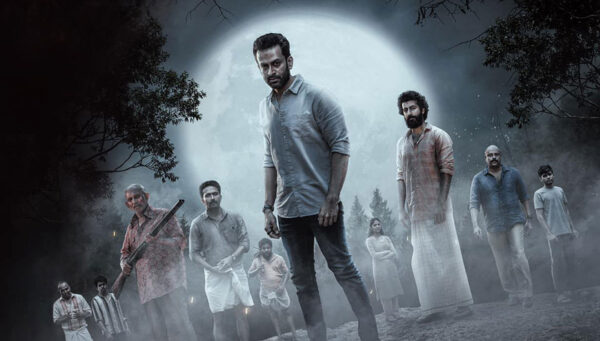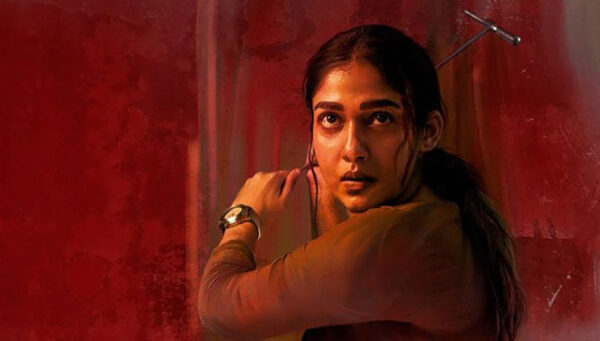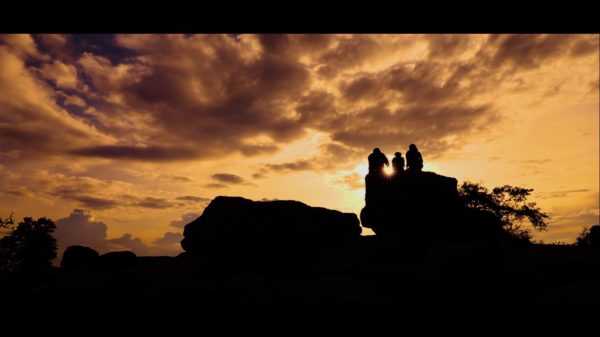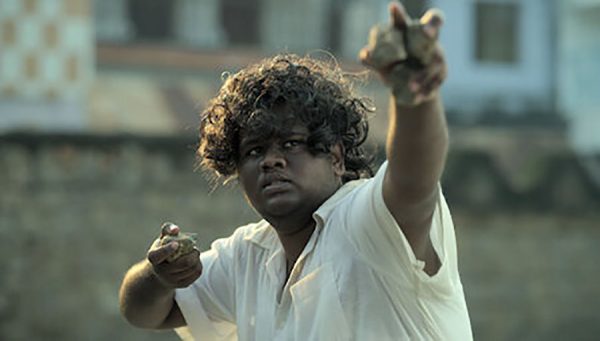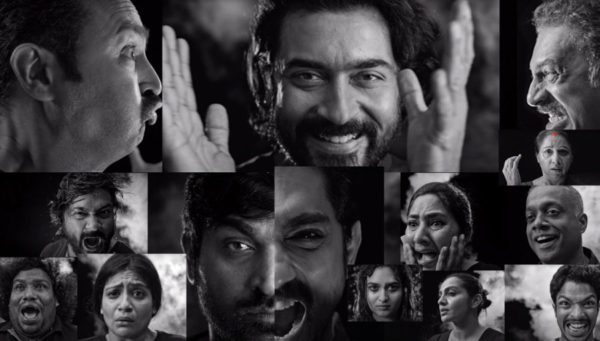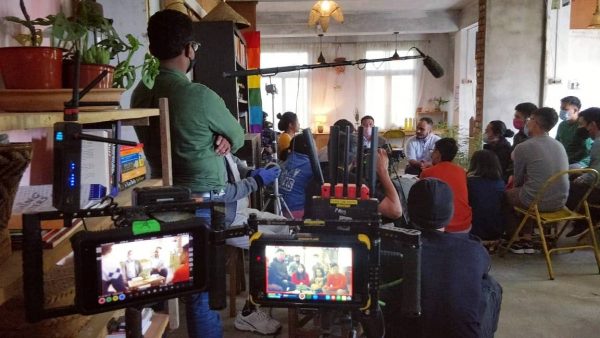Telangana theatre owners clarified their stand to Silverscreen India after a press conference held on Friday to discuss the OTT release of Nani-starrer Tuck Jagadish turned sour.
At the meeting organised by the Telangana Cinema Theaters Association, which was attended by 80-100 film exhibitors and theatre owners, one of the members reportedly passed a comment on Nani, starting a huge row.
The association subsequently released a statement on Saturday, saying a few of them had spoken out in an “individual capacity” after learning that the makers of Tuck Jagadish had opted for an OTT release. “This was only out of anguish. This was not against anyone either personally or professionally,” they said and added that they sincerely apologised for any hurt caused.
Silverscreen India spoke to a couple of theatre owners from Telangana who said that the issue was getting overblown. They said they had requested the producers of the Nani-starrer to consider a theatrical release, and if that were not possible, to at least ensure that its OTT premiere did not clash with the release of Sekhar Kammula’s Love Story, starring Naga Chaitanya and Sai Pallavi.
At the meeting on Friday, some exhibitors had reportedly expressed concern that Tuck Jagadish would premiere on an OTT platform on September 10, the same day as the planned theatrical release of Love Story.
Speaking to Silverscreen India, Anupam Reddy, owner of Sudha theatres, said, “A familiar director’s film with familiar faces [Love Story] has announced a theatrical release and that can be a game-changer for the exhibitors. But Tuck Jagadish is also a film with a popular hero. So, if that comes on an OTT platform on the same day, that might affect the footfall for Love Story. Our request was to postpone or advance the premiere of Nani’s film by a few days to avoid that situation.”
Reddy, however, clarified that the producers of Tuck Jagadish were not a part of the meeting on Friday.
“So far, Tuck Jagadish‘s release date is still a question mark,” he added.
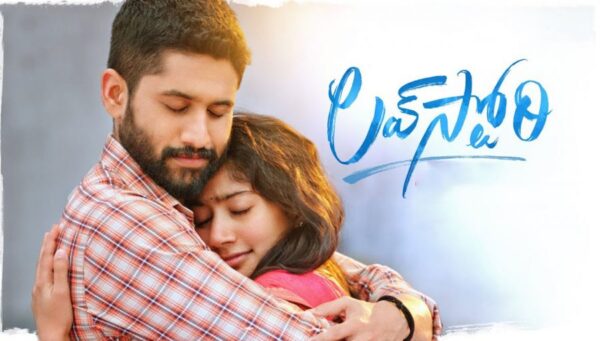
With theatres in the state receiving only a lukewarm response post their recent reopening, exhibitors have been hoping for a change in their fortunes with the release of big-banner or star-led films like Tuck Jagadish.
“We were not bothered until one and a half months ago, when Narappa and Maestro announced their OTT releases. We then requested producers to cooperate and wait till October 31 to see if theatres were allowed to reopen before opting for OTT releases. At some event, even Nani took a stand for theatres and that made us very happy and hopeful that he would opt for a theatrical release. Suddenly, some films announced their digital release, and that left most of us [theatre owners] disappointed,” Reddy said.
Balagovinda Raju, a theatre-owner from Hyderabad, added that post an OTT premiere, releasing a film in theatres is not viable. “We have seen this trend with Radhe and even Nani’s V. After premiering on an OTT platform, multiplexes refuse to screen films because very little people will come to theatres to watch something they’ve already seen on OTT. That is what we had mentioned [during the meeting].”
Several big-banner films across languages have skipped theatrical release and opted for a digital premiere in recent times, including Shershaah, Netrikann, Radhe, and Narappa.
However, other films, such as Thimmarasu, Paagal, Seetimaarr, and Bell Bottom, have chosen to stick to the conventional theatrical release model post the reopening of cinemas in several states.
Meanwhile, the makers of Tuck Jagadish released a statement on Sunday explaining their choice to go the OTT way. While they refrained from confirming a release date or mentioning the digital platform that the film will premiere on, the makers stated that they spoke to and convinced a reluctant Nani to agree to a “non-theatrical release” given the long gestation period of the film.
Theatre owners, however, clarified that they have no hard feelings either towards the actor or the producers.
“We are very sure that Tuck Jagadish would have come to the theatres as well. But it is a movie that was ready almost a year-and-a-half ago. So the producer of that film must have been under some financial burden. We respect that, actually, and understand that. Even a few weeks ago, Nani spoke about his support for theatres and cinemas. So, they must have been compelled to this step due to the delay,” said Raju.
While there is still no official word on the release date of Tuck Jagadish, The Hans India reported on Monday that September 20 has been locked for its premiere on Amazon Prime Video, suggesting that the request from theatre owners to avoid a clash with Love Story has been heeded after all.

